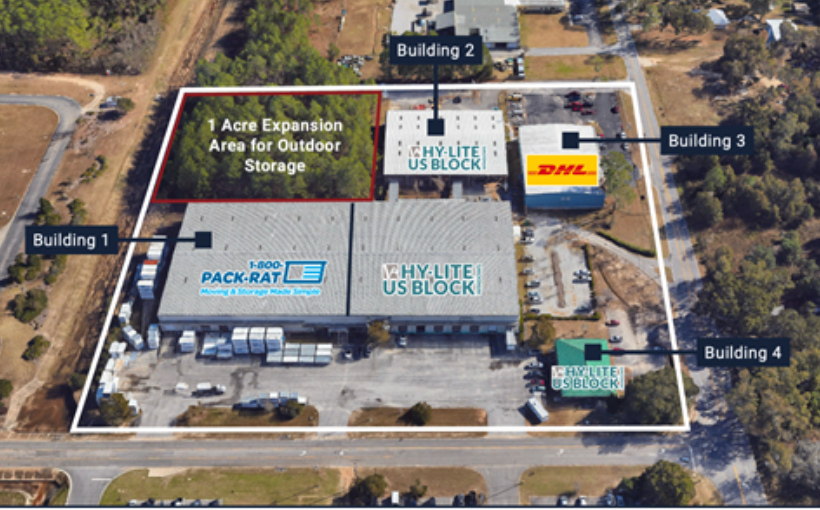**CRE Tokenization: Pipe Dream or Possible Trend?**
*By Connect CRE Staff*

Tying commercial real estate (CRE) with blockchain technology isn’t a groundbreaking concept anymore. Many companies are already leveraging this integration for improved record-keeping, enhanced transaction transparency, streamlined payment processes, and more efficient leasing activities.
One concept gaining traction is real estate tokenization. In a trailblazing move back in 2018, the ownership group of the St. Regis Aspen sold 18.9% of the resort for $18 million through digital tokens. This marked one of the earliest instances of a real estate asset being tokenized.
Since then, developments in real estate tokenization have occasionally made headlines. A recent report from the Deloitte Center for Financial Services emphasized that tokenization is opening new avenues for real estate investment by enabling fractional ownership.
### The Basics of Tokenization
Blockchain technology underpins tokenization, converting physical assets—such as real estate—into digital representations. These tokens can then be traded or owned in fractional portions on digital platforms.
According to the Deloitte Center for Financial Services, roughly $4 trillion worth of real estate assets are expected to be tokenized by 2035, a significant leap from the $300 billion reported in 2024.

One of the most significant advantages of tokenized real estate is its potential to democratize investment.
“Our view is that there is a greater desire to access real estate assets from retail investors,” said Tim Coy, real estate research manager at the Deloitte Center for Financial Services. “But these assets have been inaccessible for a large portion of the retail base.”
Current real estate investment opportunities typically favor accredited investors—those who either hold or earn at least $1 million. Tokenizing real estate could be a game-changer, opening doors for average investors.
“With advances in blockchain technology and clarity on regulatory hurdles, tokenization is not too far off from being an avenue for many investors into direct ownership of properties,” Coy added.
Another benefit is the ability to drastically shorten the buying and selling process. “A major benefit of tokenized transactions is that they occur almost instantaneously, rather than through the typical contract process of a real estate sale,” Coy said.
### A Realistic Timeline—And Challenges
Despite its promise, tokenization won’t transform the CRE space overnight. According to Coy, widespread adoption is at least five years away.

“There are limitations around data and technology modernization, which are probably still barriers in the near term for an industry that can be more generally resistant to change,” he noted.
Additional challenges include ownership clarity, liquidity concerns, payout structures, and ensuring a secure and functional exchange platform. “Tokenized real estate will need to be able to be seamlessly exchanged across platforms,” Coy said.
Security is also a pressing issue. Coy advised that organizations looking into tokenization must be proactive in safeguarding against data breaches—for example, by storing tokenization servers in secure, separate locations.
### Moving Forward
The Deloitte report suggests that tokenized assets could benefit real estate funds and offer institutional investors customized portfolio creation based on their investment strategies.
While tokenization is not yet mainstream, the real estate industry appears to be cautiously exploring these possibilities. The report noted that tokenized real estate could introduce new products and markets and offer solutions for longstanding challenges such as operational inefficiency, high administrative costs, and limited retail participation.
Tokenization may still be in its early phases, but it has the potential to significantly reshape how individuals and institutions invest in commercial real estate.




